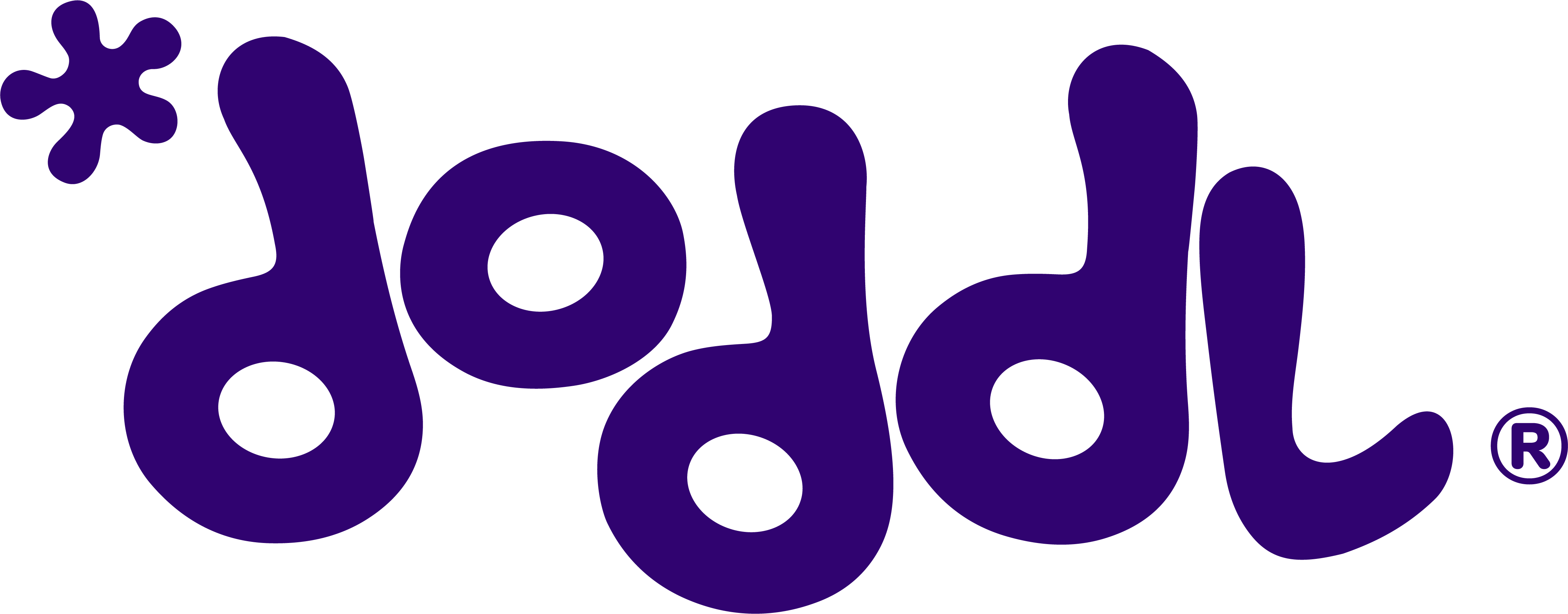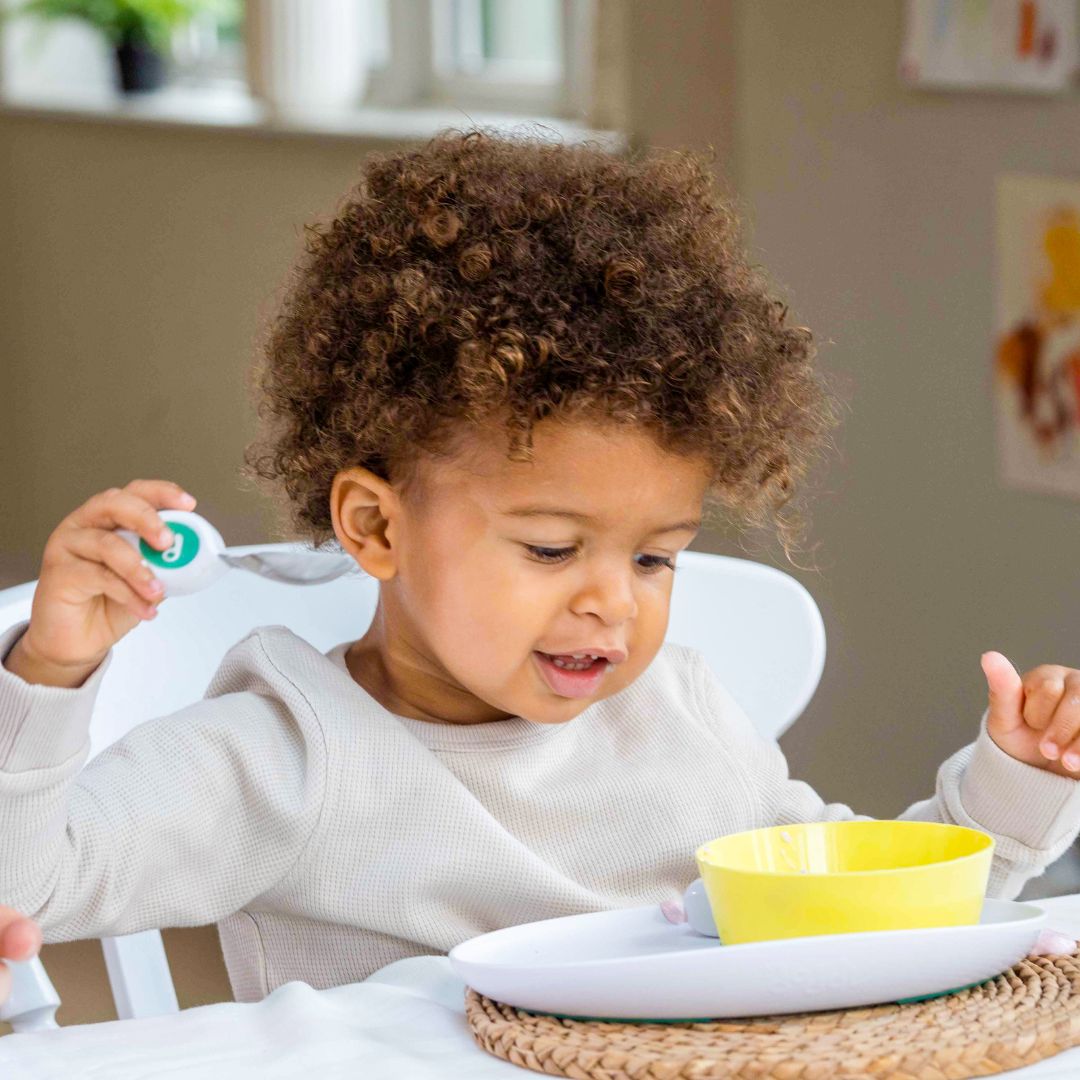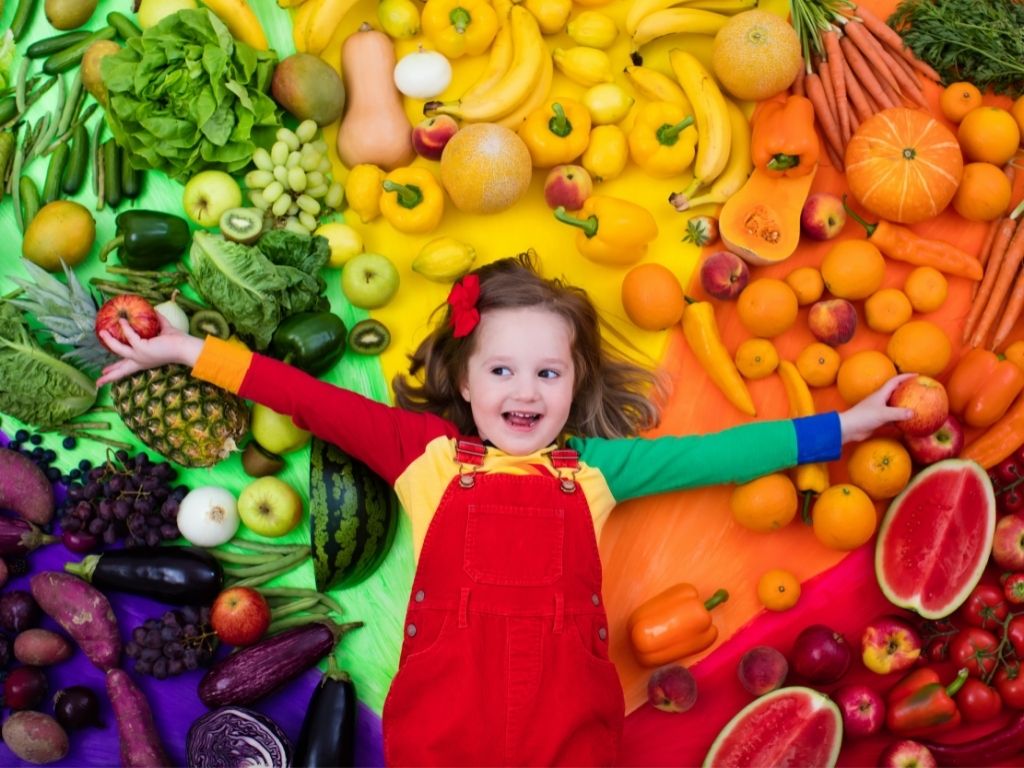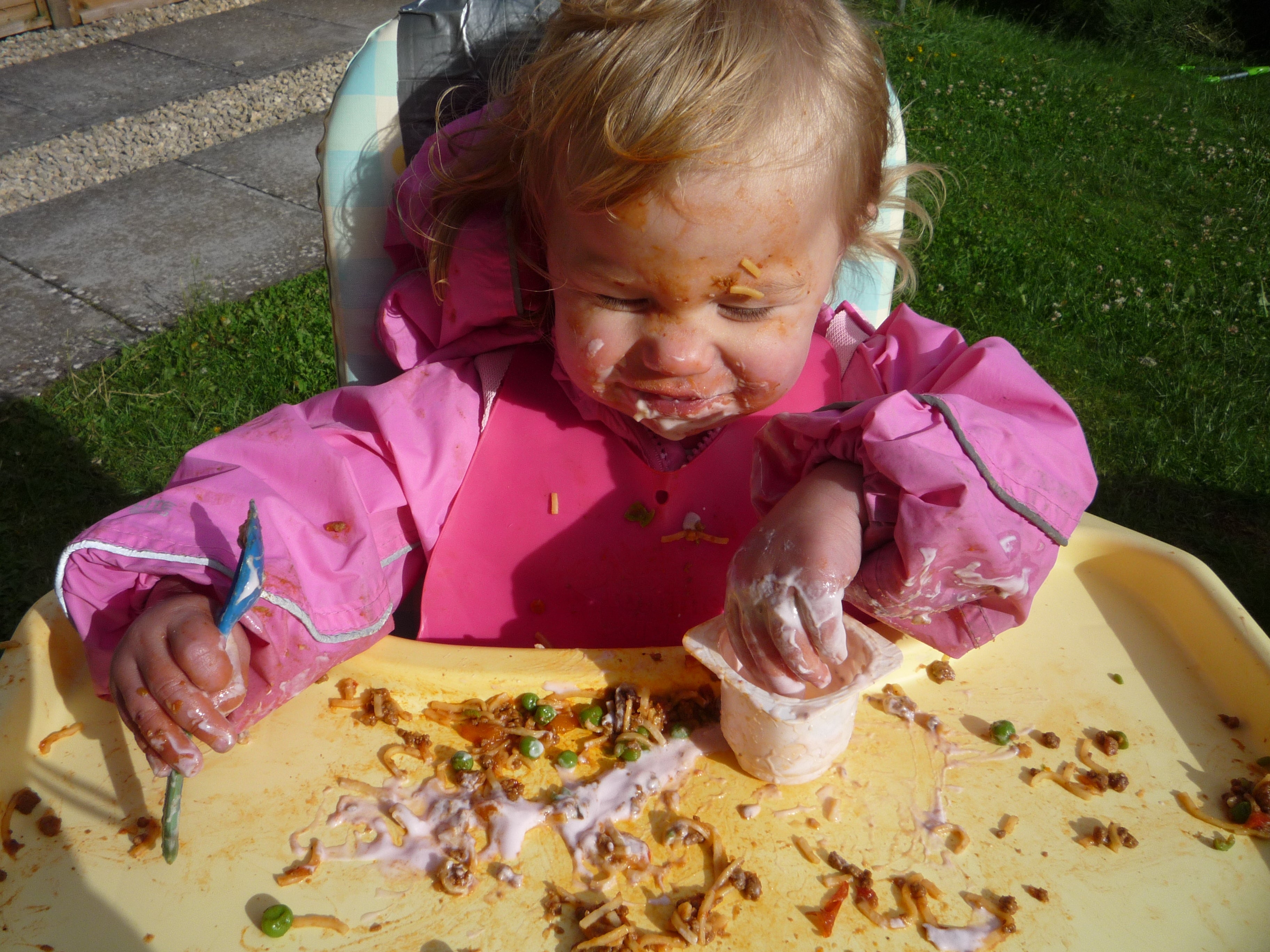Feeding your toddler or infant is a common challenge for all parents.
Childhood obesity continues to be a serious health risk. One study found that four in five obese children will be overweight as adults. Ensuring your child has the right food, and establishing good toddler eating habits, has always been a fairly natural part of the parental process. However, as parents, we now need to have greater awareness of what foods our children eat now and in the future.
The definition of what a responsible parent should feed their child has changed drastically as the medical community has grown more aware of the dangers of junk food. Factor in the rise of the digital era and you will find most of modern society, not just younger children and adults, spend more time stationary and are more exposed to junk food than ever.
Think about your own eating habits
Personally, I find at mealtimes I always have to finish whatever is on my plate, regardless of the portion size! I was brought up being encouraged to finish all the food on my plate. I wasn’t allowed to get down from the dinner table, or have pudding, until I had eaten every mouthful. This is a habit that will always be in my sub-conscious! However this method of feeding a child is certainly from a bygone era. Being reactive and noticing your child’s eating habits change are essential to avoid overeating.
We also need to help reduce the preference for foods that deliver less of an instant positive reaction. Often food like greens are left to the end of a meal as an afterthought for a child’s meal. I have predominately baby-led weaned (BLW) my daughter, who has just turned two. However, I often catch myself spooning in the last few mouthfuls, or bribing her with pudding as a reward if she eats a few more mouthfuls of her main meal. I know that I shouldn’t be doing this, but as a parent, I can’t help worrying whether she has had enough to eat.
The importance of establishing good toddler eating habits
Not long ago I had an eye-opening conversation with Claire Burgess. Claire is a child development specialist and the Head of Research and Training at the Norland College. She was emphasizing the importance of infants and toddlers learning self-regulation in order to help combat the growing epidemic of childhood obesity. For infants the self-regulation cues are strong and they know when they are full. However, toddlers can start to over-ride these cues and they can easily over-eat. This is where portion control becomes important.
It's important that good toddler eating habits are established at a really young age. The problem is that, like me, many parents worry about how much their little ones are eating. It's easy to think that the best thing is to encourage them to eat a bit more through force-feeding, bribing and coaxing. But by doing this we are creating a bigger problem, because we are ignoring our children’s instinctive cues that they are full. This means that we are making it harder for them to self-regulate their eating patterns as they get older. In addition, 'force' feeding can create anxiety around food and mealtimes, which can result in children eating less and becoming fussy about food.
Has my child eaten enough? Signs that your infant is full include:
- They say ‘no’ or say they have ‘finished’
- They push their plate away
- Turn their head away when offered more food
- Keep their mouth closed when food is offered
- They hold food in their mouth and don’t chew / swallow it
- They repeatedly spit food out
- Cry and scream
- Gag or wretch
Tips for feeding your child
20 minute rule
Try to keep mealtimes to approx. 20 minutes. Most toddlers will eat all they want to eat in the first 20 minutes of a meal. This provides the optimum time for children concentrating and engaging with their food.
New tastes:
If your little one refuses or rejects a certain food, don’t avoid offering it again at another meal. Toddler tastebuds take time to develop and it is important for them to experience new textures and flavours. Experiment with different texture and flavour combinations. This will reduce the chances of them associating a negative experience with one food.
Family mealtimes:
Try to sit down as a family at mealtimes. This helps develop your little one’s social and communication skills. Eating together also helps your child reduce fear of trying new foods. For example if your child is initially resistant to eating broccoli, seeing their family eat the same food together will help reduce food associated anxieties.
Reward with your attention:
Try to pay your little one attention whilst they are eating. This will build positive associations with food and eating.
Self-feeding:
Allow your child self-feed with their hands or give them children's cutlery that encourages self-feeding. This will help them regulate the amount they eat and learn independence. Using cutlery that is specifically designed for their hands will help develop motor skills. It will build confidence as well as long term independence at meal times.
Fun:
Let them play, pick up and experiment with their food – it is all part of learning, engaging and enjoying food. Shielding your toddler or child from specific kinds of foods if they don’t like them initially can end up affecting the development of their palate. Allowing your child to pick up and experience meals with more senses than taste is essential to promoting long term healthy eating habits.
What to avoid at your child's mealtime
- TV and devices – try to avoid distractions such as TV, iPads or devices at mealtimes. This prevents mindful eating and inhibits self-regulation. Mindful eating is where the child is focused on their food and how much is going in their mouths.
- Ignoring your child’s cues that they have had enough.
- Rewarding or bribing with another type of food, such as a dessert, puts greater desirability on the wrong sorts of food and can lead to poor diet habits as they grow older.
- Try not to hide or disguise foods with other foods, as toddlers like to see the food they are eating and recognise that it is safe to eat.
Having the right tools for the job can make a real difference when you are trying to establish good toddler eating habits.
Find out more about doddl cutlery, which allows young babies and children to successfully self-feed. doddl cutlery is available online from Boots.com, Amazon and doddl.com.





Leave a comment
This site is protected by hCaptcha and the hCaptcha Privacy Policy and Terms of Service apply.